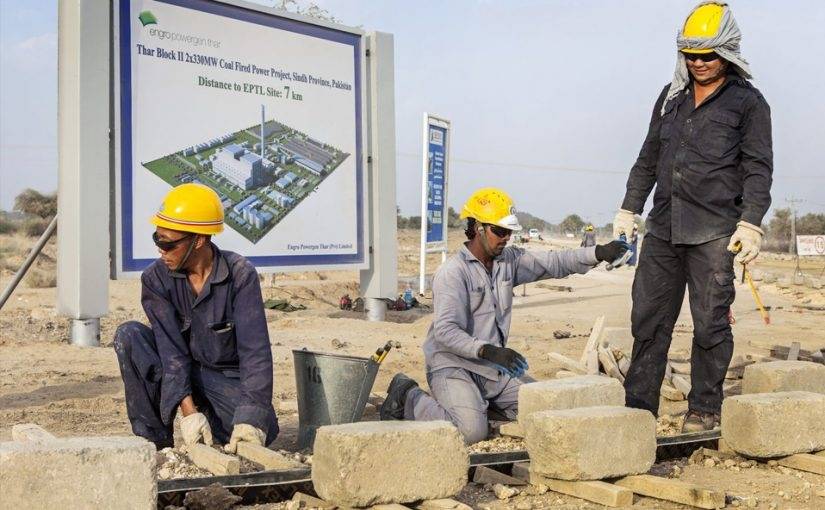Pakistan’s largest province is being robbed of its natural resources by China under the Belt and Road Initiative and CPEC and the profits are being garnered by Chinese companies….reports Asian Lite News
Balochistan, the treasure trove of natural resources, is being excavated by China, while it remains an impoverished area with a per capita GDP under USD 1,000, reported Islam Khabar.
Pakistan’s largest province is being robbed of its natural resources by China under the Belt and Road Initiative and CPEC and the profits are being garnered by Chinese companies. The local population gets little by way of employment or monetary benefits. A similar situation is obtained in Myanmar, where China has in recent years, been illegally mining in the border areas. This experience indicates the deleterious impact of Chinese activity in the extraction of natural resources, reported Islam Khabar.
China is playing a major role in the local economy. Notably, the Chinese company which mines gold, silver and copper in the Balochistan province has claimed that it made profits of around USD 75 million in 2021 (Invest Pakistan,14 January 2022), despite disruption to its operations caused by Covid.
A majority of profits will be sent back to China. Supporters of the mine say it has helped to fund better education and health facilities, as well as creating jobs. However, many local people say their lives have not improved much.
The reality on the ground is that Balochistan remains an impoverished and neglected province, and the Saindak copper and gold project epitomises the tragedy that Chinese investment has brought with it while generating profits for the Pakistani state, reported Islam Khabar.
Pakistan and China signed a deal worth USD 350 million for the development of the mine, initially a 10-year lease to Metallurgical Corporation of China Ltd (MCC), a subsidiary of China Metallurgical Group Corporation.
The agreement shows that 50 per cent of revenues from the mine go to MCC, 48 per cent to the Government of Pakistan, and 2 per cent to the Balochistan provincial government. The lease was extended (January 2023), for another 15 years, with Pakistan’s share of revenue up to 53 per cent, and 5 to 6.5 per cent going to the Balochistan provincial government, reported Islam Khabar.

According to the revised terms that Pakistan’s Cabinet Economic Coordination Committee recently approved, the Chinese company also agreed to enhance rent, royalty, and social uplift payments to the federal and Balochistan governments.
However, Kazim Baloch, a political activist in Chagai told The China Project that the area still has “features of the medieval era”. “Mud houses, muddy and unpaved roads, a lack of potable water, poverty, deprivation, underdevelopment and backwardness still rule,” said Baloch.
Akbar Notezai, an investigative journalist from Chagai associated with Pakistan’s leading media group Dawn recently published a story which said that the jobs created for local people were “menial” and the overall situation in the region is “pitiable.” “Despite extracting gold and copper for two decades, why has the administration not yet constructed a metalled road? There are roads that lead to the company’s sites, but many villages are left without any roads,” says Notezai.
Clearly, the odds have been stacked against Balochistan, for it is getting peanuts for minerals extracted from its soil. Activists regard it as unjust that Balochistan receives less than 6 per cent of the profits, reported Islam Khabar.
Meanwhile, separatist groups are waging a war against the state for an independent Balochistan and to force the Chinese out of Balochistan. (ANI)

